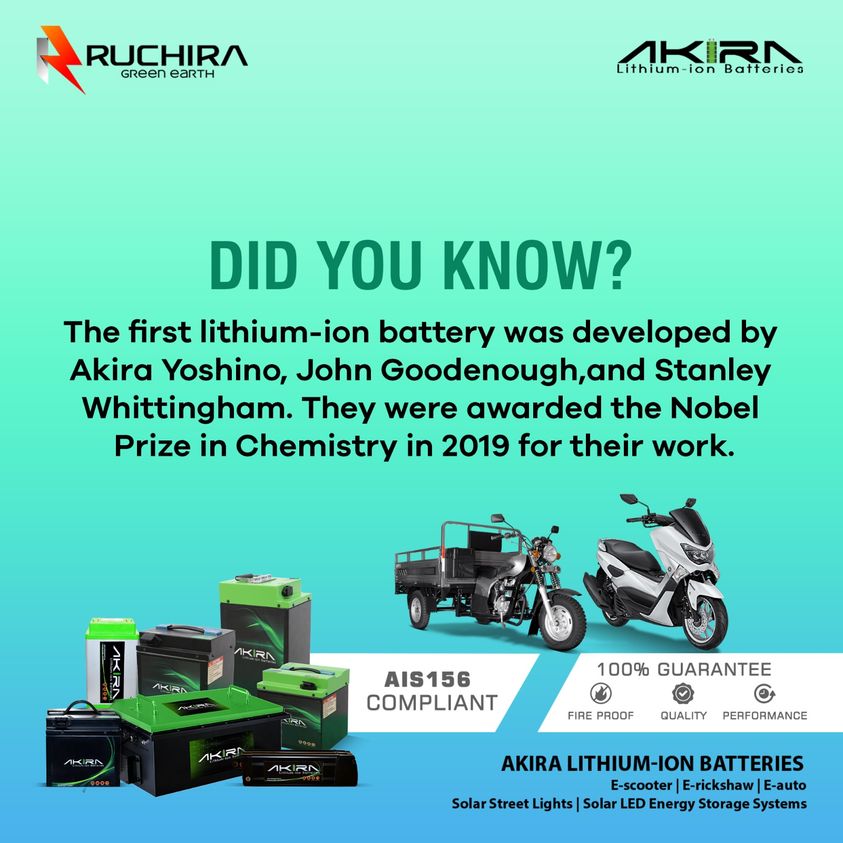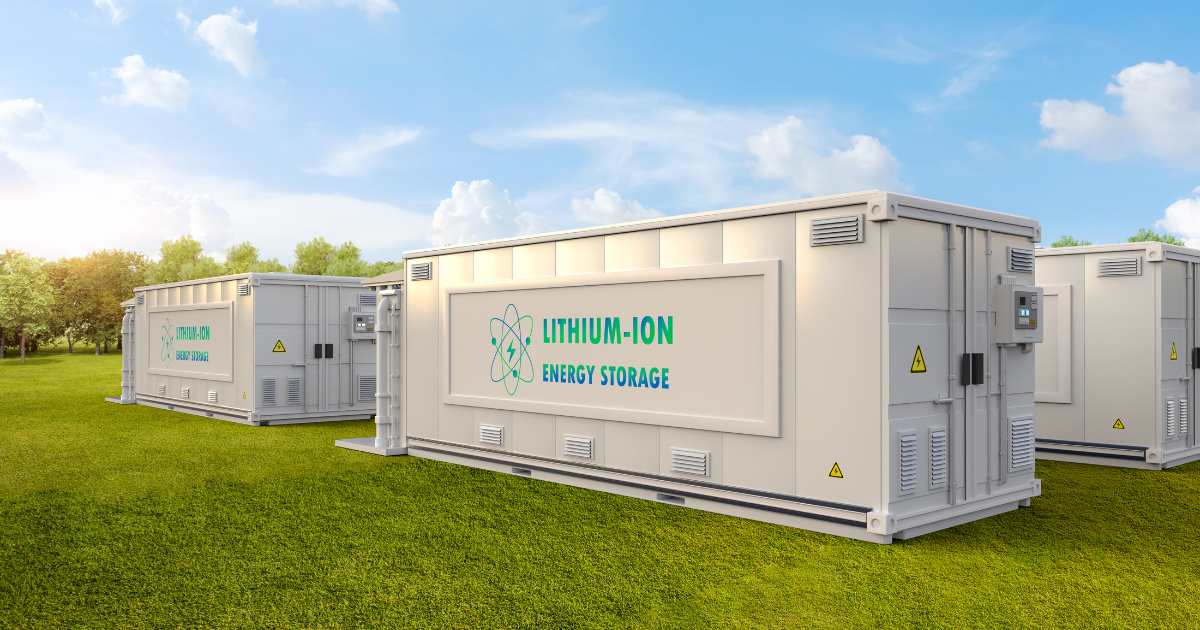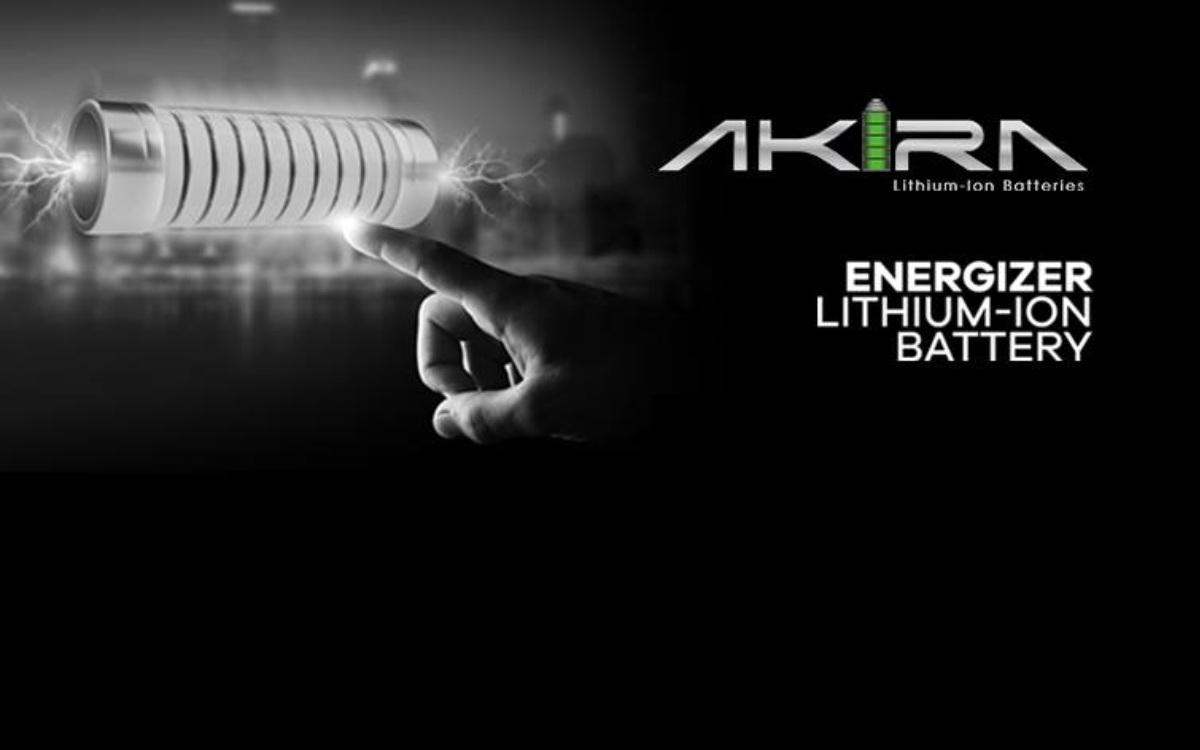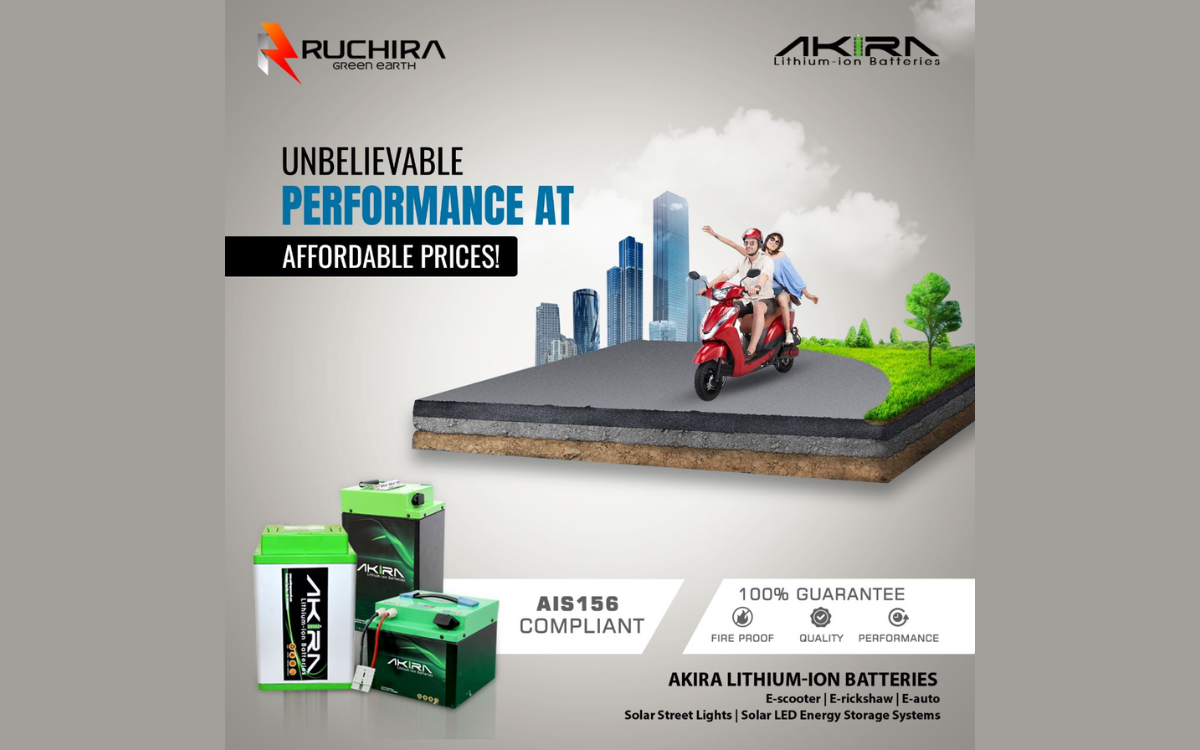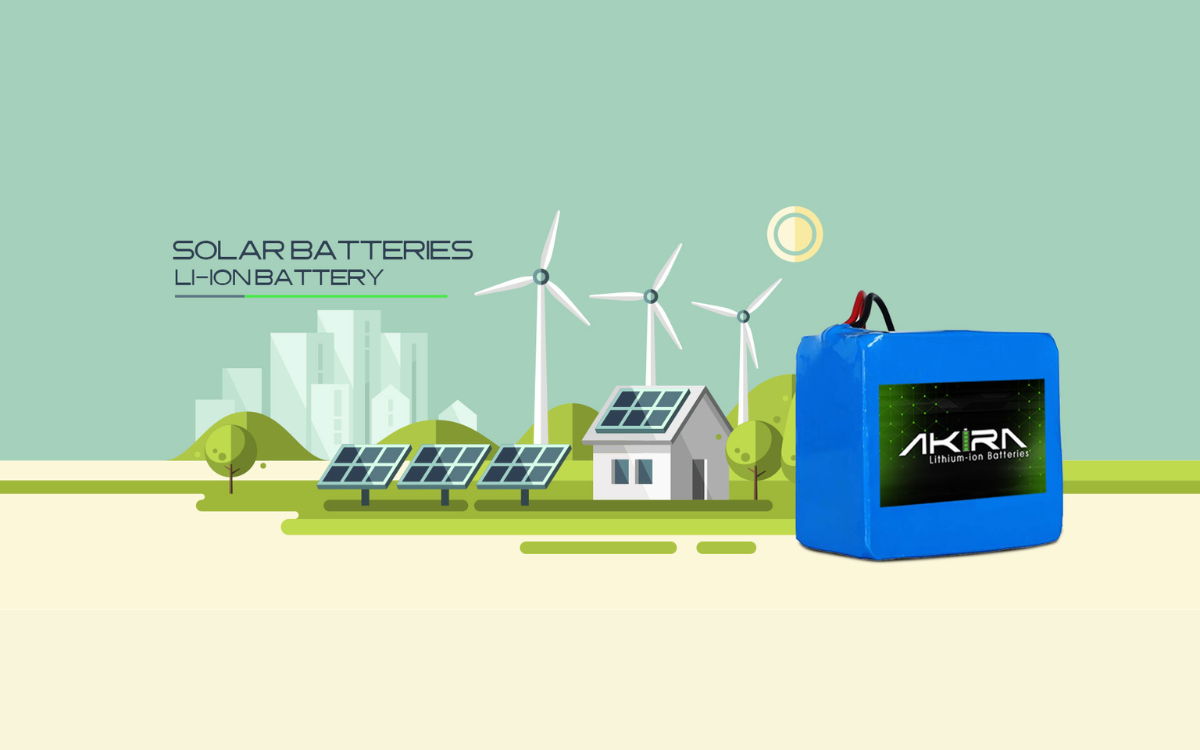In the realm of modern technology, few innovations have had as profound an impact as lithium-ion batteries. These compact, lightweight powerhouses have revolutionized countless industries and applications, providing a reliable and efficient source of energy for an array of devices and systems. From consumer electronics to renewable energy solutions, the versatility of lithium-ion battery technology continues to drive innovation and shape our world.
Consumer Electronics:
One of the most ubiquitous uses of lithium-ion batteries is in consumer electronics. From smartphones and laptops to tablets and wearable devices, these batteries power the gadgets that have become essential parts of our daily lives. The high energy density and rechargeability of lithium-ion batteries make them ideal for powering portable electronics, providing long-lasting performance and convenience.
Electric Vehicles (EVs):
The automotive industry has undergone a significant transformation with the rise of electric vehicles (EVs), and lithium-ion batteries play a central role in this transition. These batteries power the electric motors that propel EVs, offering a cleaner and more sustainable alternative to traditional combustion engines. With advancements in battery technology, EVs are becoming increasingly popular, driving down costs and extending driving ranges.
Renewable Energy Storage:
Lithium-ion batteries are also instrumental in the adoption of renewable energy sources such as solar and wind power. These batteries store excess energy generated by renewable sources, providing a reliable backup when sunlight or wind is unavailable. By enabling energy storage and grid stabilization, lithium-ion batteries contribute to the growth of renewable energy systems and the transition to a more sustainable energy future.
Medical Devices:
In the healthcare industry, lithium-ion batteries power a wide range of medical devices, from portable diagnostic equipment to implantable devices such as pacemakers and defibrillators. The compact size and high energy density of lithium-ion batteries make them ideal for medical applications, where reliability and longevity are crucial.
Aerospace and Defense:
Lithium-ion batteries have also found applications in the aerospace and defense sectors, where lightweight and durable power sources are essential. These batteries power everything from unmanned aerial vehicles (UAVs) and satellites to portable communication devices used by military personnel in the field.
Conclusion:
The widespread adoption of lithium-ion battery technology has transformed industries and enabled innovations that were once unimaginable. From powering our smartphones and laptops to driving the shift towards electric mobility and renewable energy, these batteries continue to play a central role in shaping the future of technology and sustainability. As advancements in battery technology continue to push the boundaries of what’s possible, we can expect to see even more applications and industries harnessing the power of lithium-ion batteries in the years to come.
Experience the power of Akira lithium-ion batteries for yourself. Upgrade to reliable energy storage solutions and unleash the efficiency of tomorrow, today!
